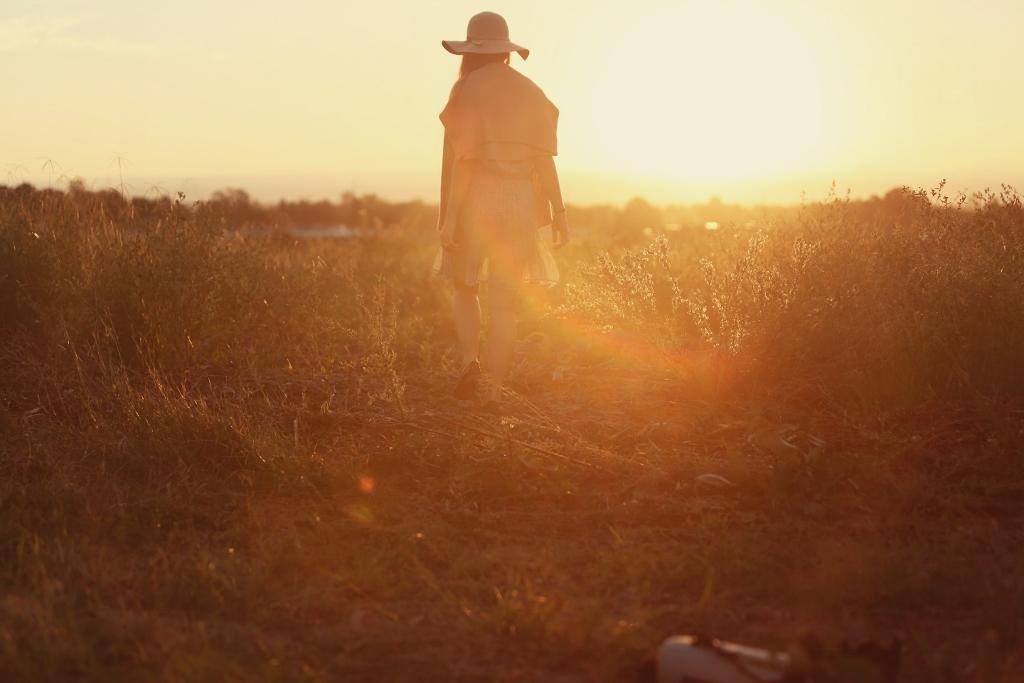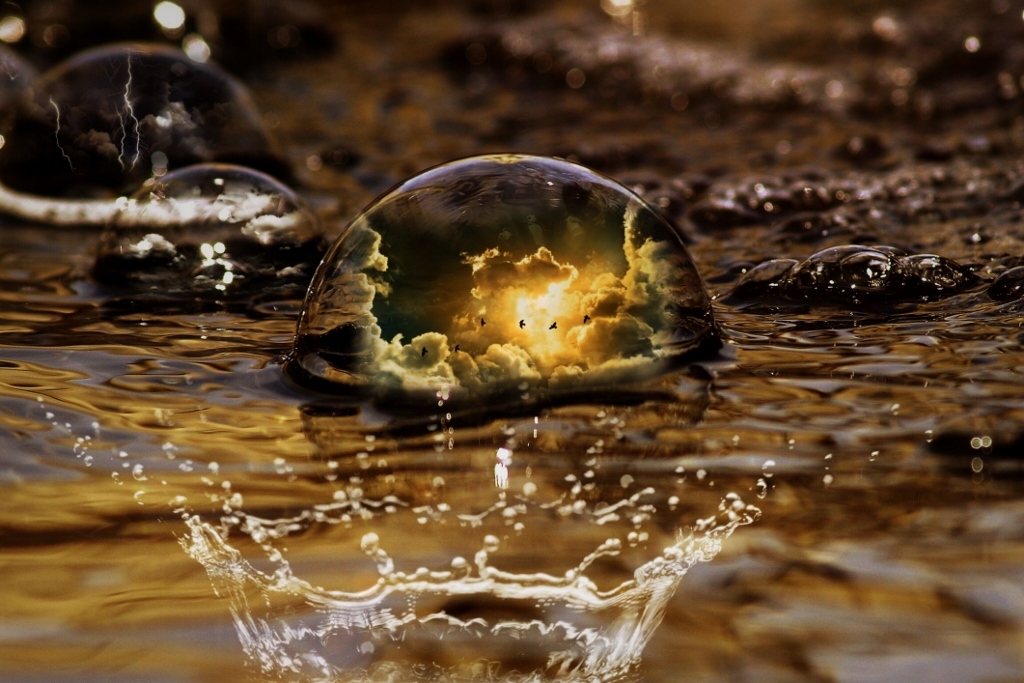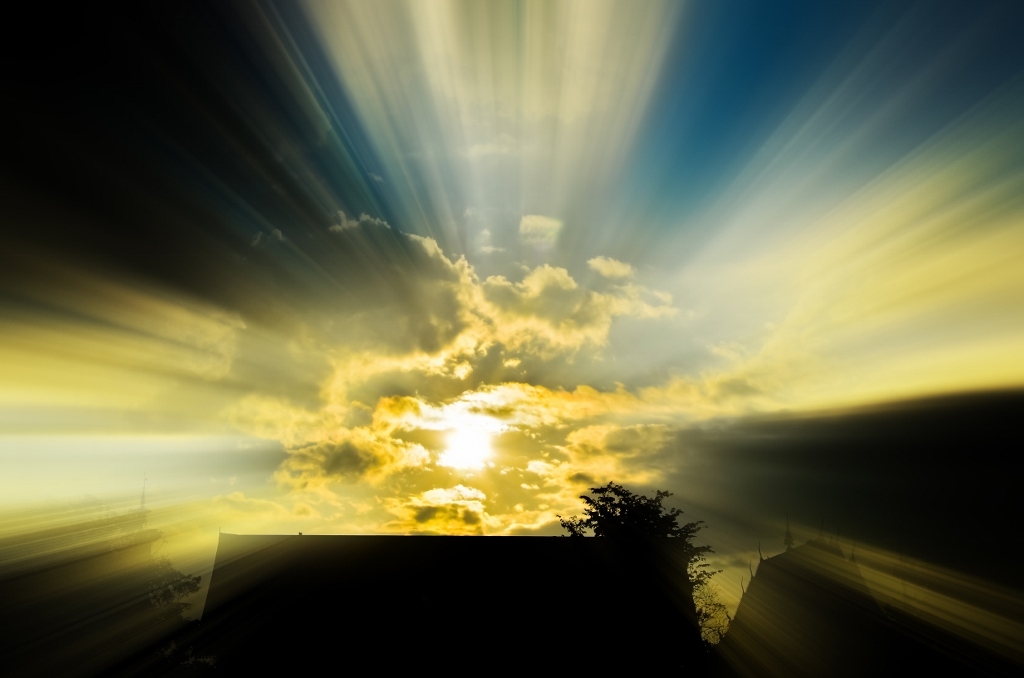
The Other Side of Reason – New found possibilities
Involved in a bus accident that took the lives of six people, David Gibson has been battling through PTSD for over three years. In an effort to better understand himself and to communicate with others, he turned to writing. His first book was The Other Side of Reason: A Journal on PTSD, available now via petrabooks.ca. This column continues that text.
[Awakening from a dream of sunrise]
As I journey toward spring’s dawn always moving, always still.
Slivers of light break through blankets of clouds.
I am at a threshold, between wakefulness and sleep, darkness and the dawn, the stillness and the song.
The waters of the lake are still, its luminescence hidden in fog that hugs the waterline and shrouds the world in silence.
There is no road to walk across the lake….
No easy trail on which to stand.
Yet even here, especially here, love is present in surrounding silent beauty.
I’ve entered a land of newborn possibility.
No fences, no boundaries hem me in.
Clarity is now mine… intense blue sky.
Warm sun against distant shores.
Only surreal stillness marks this place.
Where I am awakening from a dream of sunrise.
Compared to the other seasons spring has a unique beauty in terms of delicacy and display. It has this sparkle of new life unknown to the other seasons that makes you fall in love with everything. In a way it is comparable to when I married the love of my life and when my four lads were born.
The early weeks of spring often bring a quality of restlessness. As hopeful and optimistic as this season is, there’s always an element of discomfort in the world of transitions. Said bluntly, change is hard, so even when the change is positive – like inviting a new part of yourself or simply being engaged in the here and now of your life – there’s a discomfort of psyche that occurs when the old self falls away and the new one hasn’t fully emerged. This discomfort is even more pronounced recovering from a traumatic experience.
I like to imagine that spring and hope are intertwined in the mind, body, and soul. In spring, nature conspires with biology and psychology to spark the basic needs that underlie hope: attachment, mastery, survival, and spirituality. It is true that hope does not melt away in the summer; it is not rendered fallow in autumn nor does it perish in the deep freeze of winter. But none of these other seasons can match the bounty of hope that greets us in the spring.
Spring provides a bridge from the barren darkness of winter to the bright warmth of summer. The increased light points us toward the summer solstice. The softening earth invites us to plant seeds that will be transformed into flowers and fruits. The dormant grass comes alive to dot the fields and hillsides, and jogs our memory of the greener tapestry to come. Buds adorn the trees and bushes, with the promise of an even lusher backdrop.
Like the awakening changes revealed to us in springtime, the new possibility of hope can also been found or even restored within our lives. Author, Barbara Kingsolver advises, "The very least you can do in your life is figure out what you hope for. And the most you can do is live inside that hope. Not admire it from a distance, but live right in it, under its roof".
Recovering from a traumatic experience is in some way a reflection of our ability to connect to the perennial signs of hope that rise up in the natural world as if to say, “Today is a new day. Today I can start something new and find that place of beginning within. Today I am alive and for that I am grateful. Today I see promise manifest in the miracles of nature and I whisper a quiet but certain ‘Yes.’”
Until next time.
David










